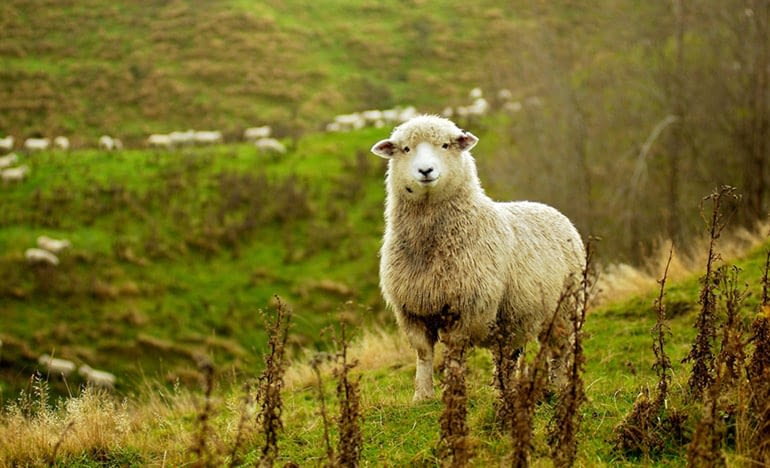This is love in the making: Peter, having confessed how deeply he loves Jesus, is told to add action to emotion and feed God’s sheep. The love of God was not created; love is God’s very nature. When we receive the Holy Spirit, we are united with God so that his love is manifested in us. But this isn’t the end of the story. The ultimate goal is that we may be one with the Father as Jesus is. “Holy Father, protect them by the power of your name, the name you gave me, so that they may be one as we are one” (John 17:11). What kind of oneness is this? Such a oneness that the Father’s purpose for the Son becomes the Son’s purpose for us: “As the Father has sent me, I am sending you” (20:21).
After Peter recognized the depth of his love for Jesus, Jesus made his point: Spend it. Don’t declare how much you love me. Don’t testify about the marvelous revelation you’ve had. “Feed my sheep.” This is a challenging request, because Jesus has some extraordinarily funny sheep! Bedraggled, dirty sheep; awkward, headbutting sheep; sheep that have gone astray (Luke 15:3–7). God’s love pays no attention to such quirks and differences. If I love my Lord, I have no business being guided by personal preference. I simply have to feed his sheep. There is no relief and no release from this part of the call.
Beware of letting your natural human sympathy decide which sheep you’ll feed. You are called to spend God’s love, not pass off a counterfeit version of it. That would end in blaspheming the love of God.

